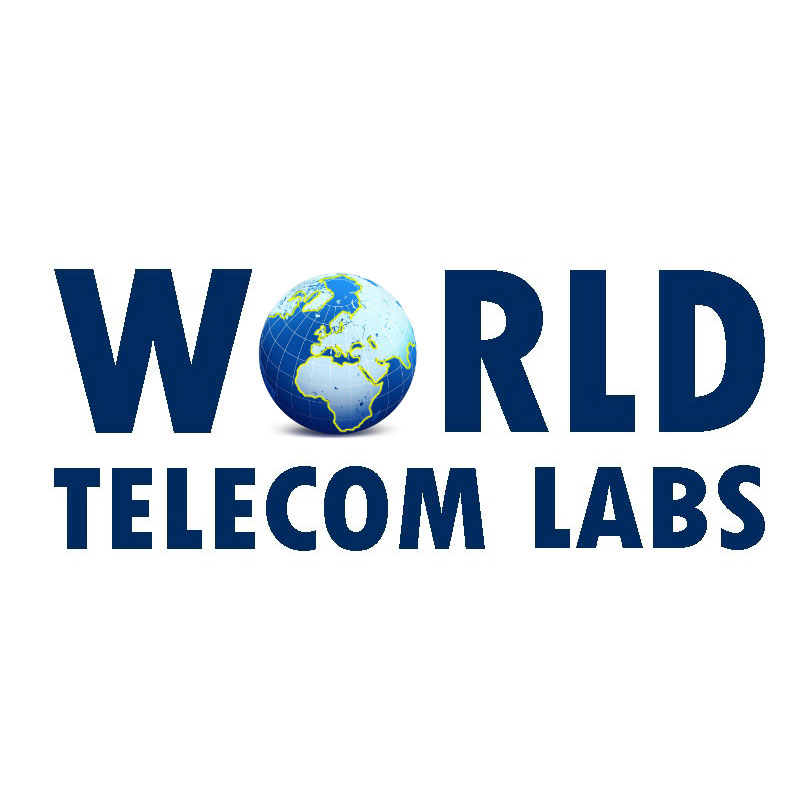An Expert Appraisal Committee (EAC) under the Union Environment Ministry has approved a proposal to grant a Coastal Regulation Zone (CRZ) clearance for a project aiming to link Chennai and the Andaman & Nicobar Islands (A&N Islands) via a 2,246km submarine cable at a cost of INR712.8 million (USD10.2 million), the New Indian Express writes. The proposed cable will link Chennai to Port Blair and connect the islands of Havelock, Little Andaman (Hutbay), Car Nicobar, Kamorta, the Great Nicobar Islands, Long Island and Rangat. The cable will carry 100Gbps optical waves. As previously reported by TeleGeography’s Cable Compendium, Indian telco Bharat Sanchar Nigam Limited (BSNL) handed NEC Technologies India (NECTI) the contract to design, engineer, supply, install, test and implement the optical submarine cable system in July 2018. NEC Corporation, the parent company of NECTI, will manufacture the optical submarine cable and provide technical assistance during the turnkey implementation.
A number of telecoms operators have reportedly met in Dubai in December 2018 to sign a Construction and Maintenance Agreement (CMA) for the Africa-1 cable system aiming to connect Africa with the Middle East and South East Asia, with onward connectivity to Europe, CommsMEA writes. The new system will utilise 100G technology and will be equipped to accommodate ‘several Terabits of capacity’ from launch. The system will have at least a three-fibre pair core extending more than 20,000km and is expected to land at carrier-neutral PoPs in Marseille (France), Mombasa (Kenya) and Durban (South Africa), with planned landing stations in Sidi-Krir and Zafarana (Egypt), Port Sudan (Sudan), Jeddah (Saudi Arabia), Djibouti City (Djibouti), Mogadishu (Somalia), Mombasa (Kenya), Mayotte, Mahajanga (Madagascar), Fujairah (United Arab Emirates) and Karachi (Pakistan). Africa-1 is expected to be ready for service (RFS) in 2021.
TELE-POST Greenland has disclosed that its internet services are suffering a slowdown following a cable fault at its Greenland Connect submarine system. The damage, reported on 28 December, occurred close to Qaqortoq and is expected to take ‘several weeks’ to repair.
The Benin ACE GIE consortium, consisting of a number of local mobile/fixed telecoms operators/ISPs, is reportedly subject to an injunction from Benin’s Regulatory Authority for Electronic Communications and Post (ARCEP) for the ‘illegal exploitation’ of the Africa Coast to Europe (ACE) submarine cable, with the consortium given until 27 December 2018 to cease offering services over the system. According to the ARCEP, ACE GIE logged an application for a licence to operate the ACE system in 2013, though it later applied for a ‘moratorium’ of the licensing procedure in order to carry out the necessary studies for the efficient operation of the telecom infrastructure. The ARCEP accused the ACE GIE of commencing the operation of the ACE system prior to the conclusion of the studies (June 2018), noting that the operation of the optical fibre submarine cable without the necessary authorisations is against the law and any continuation of this activity after 27 December 2018 will expose ACE GIE to sanctions. ACE GIE consortium comprises of MTN Benin, Moov Benin, Benin Telecoms/Libercom, Isocel, Espace Informatique Benin (EIT), Omnium des Telecommunications et de l’Internet (OTI) and Univercell.
We welcome your feedback about the Cable Compendium. If you have any questions, topic suggestions, or corrections, please email editors@commsupdate.com










